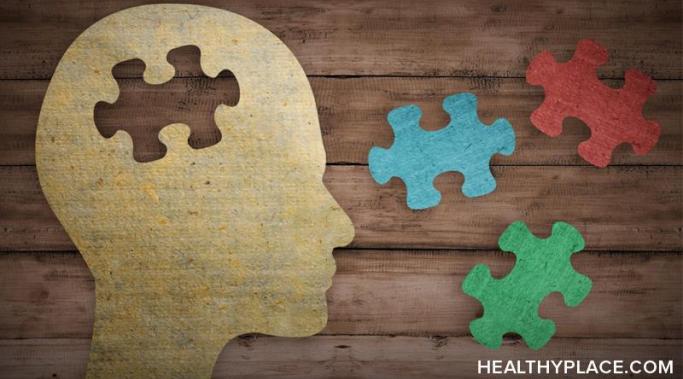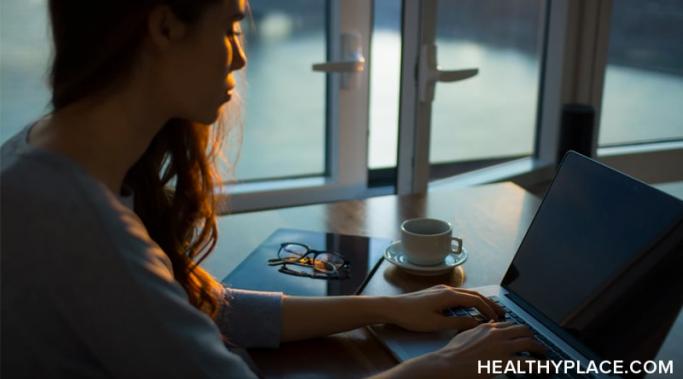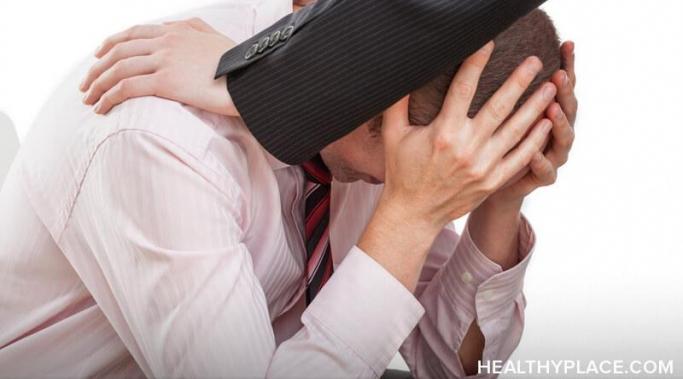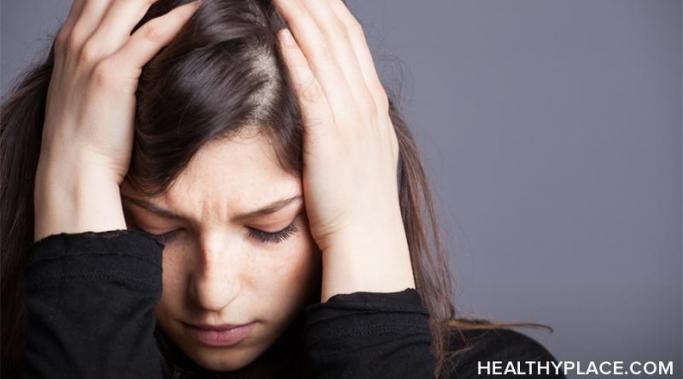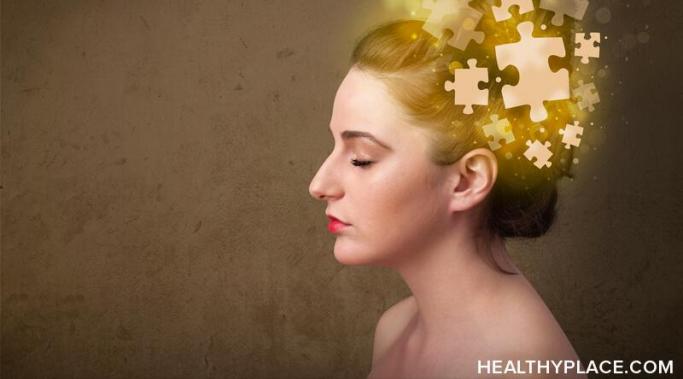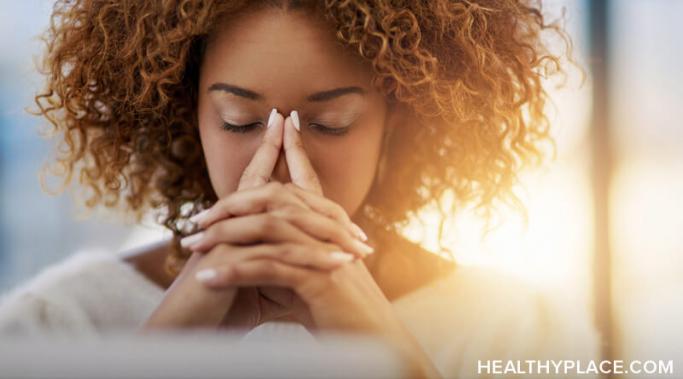When dealing with social anxiety, I have often seen it associated with shyness or introversion. However, I do think there is a fundamental difference, primarily at the root of the anxiety.
Treating Anxiety
It's hard to stay motivated when you are experiencing anxiety. I have goals that I continuously set for myself, but when I'm anxious, it's hard to stay productive and driven to work towards those goals.
I love getting time to myself in nature because it soothes my anxiety. Whether it's going for a hike, bike ride, or even driving through a forest, finding time in a natural setting away from more populated areas is very soothing and enjoyable for me.
I have found that one of the most difficult aspects of dealing with chronic anxiety is coping with panic attacks. Even though I've learned how to lessen the effects of panic attacks over time, I can still be unexpectedly blindsided by one.
If I told you that the two simple words "both . . . and" could help you reduce your anxiety, would you try to use them? It may sound too good to be true, but over the past week, I've been thinking about how valuable these two words can be for producing a meaningful shift in how we think about anxiety.
How are you doing with anxiety in this "new normal?" It's been several months now since COVID-19 began greatly impacting our world and increasing anxiety for so many. There have been so many changes in everyone's lives. Regardless of your situation, every person has been impacted by COVID-19 in some way.
Lately, I have been thinking about what it looks like when someone experiences mostly invisible illnesses, like anxiety and depression, and feels suicidal. Depression and anxiety are not always visible. People have expressed to me their surprise that I have dealt with chronic anxiety for a long time. But it's true, and I guess at some point I became really good at always acting like everything was fine. (Note: this post contains a trigger warning.)
Anxiety disorders and suicidality are connected, but when I think about how anxiety is perceived by society, I think about what I've seen on tv and in movies. I've seen so many shows where anxiety was portrayed with someone sweating a lot on a first date or being unable to speak when asked to talk in public. Some forms of anxiety are even used for comedy, like in "Parks and Recreation" where Leslie's mom meets a former love interest whose anxiety led to a comedy of errors after Leslie brings him to a party. There isn't anything wrong with these portrayals, but it is striking to me that none of the imagery associated with an anxiety disorder implies suicidality. (Note: This post contains a trigger warning.)
How often do you think of anxiety as your friend? This may sound like a strange question, but I believe the way we relate to anxiety plays a significant role in how we experience it. Cultivating a positive relationship with anxiety can be an important part of recovery, but it's also really difficult to do.
Staying grounded is important to anxiety management because anxiety affects everyone at some point. I once read something that said that we experience anxiety because of focusing on memories or worrying about things that have not yet happened. I know that, for myself, this tends to be true. I have often found myself worrying about things I need to do the next day, or going through "what ifs," second-guessing social interactions due to my social anxiety, or stuck in thoughts about things that have happened in the past.




